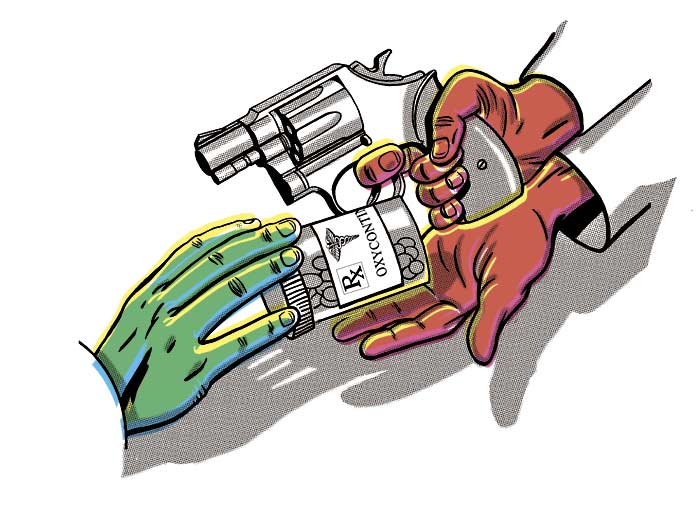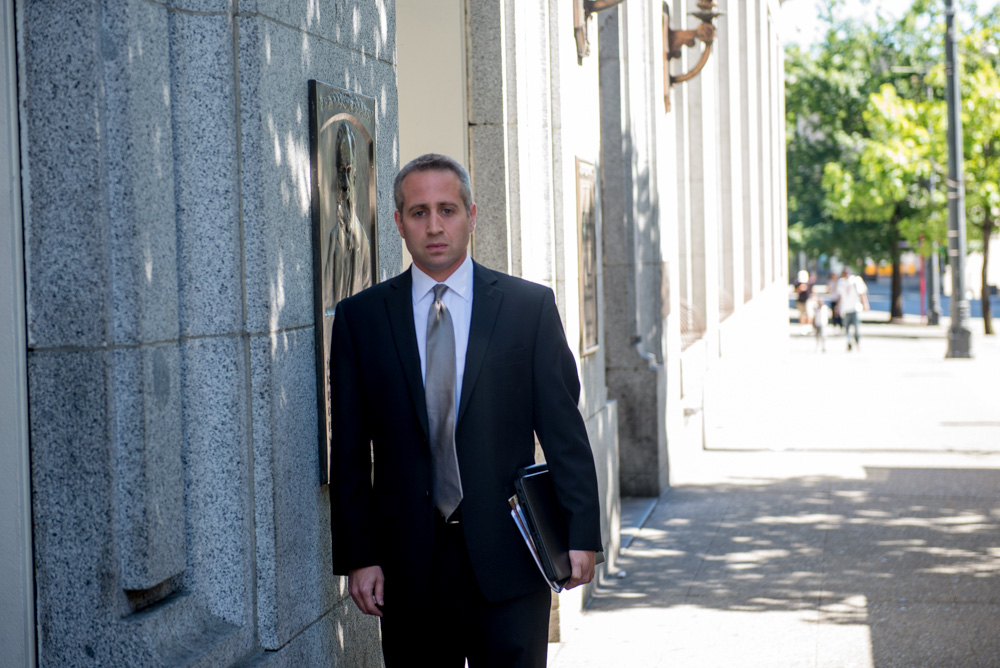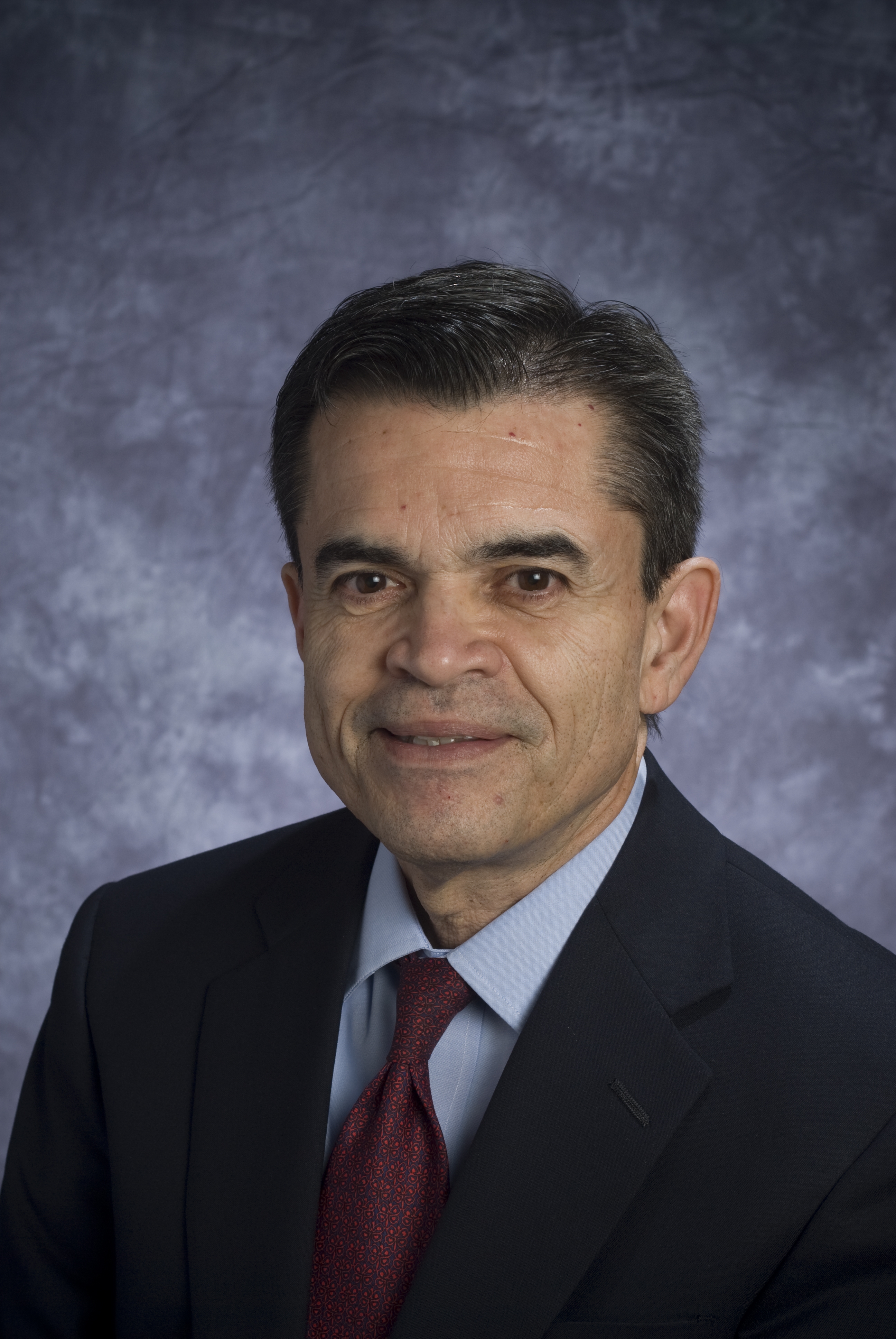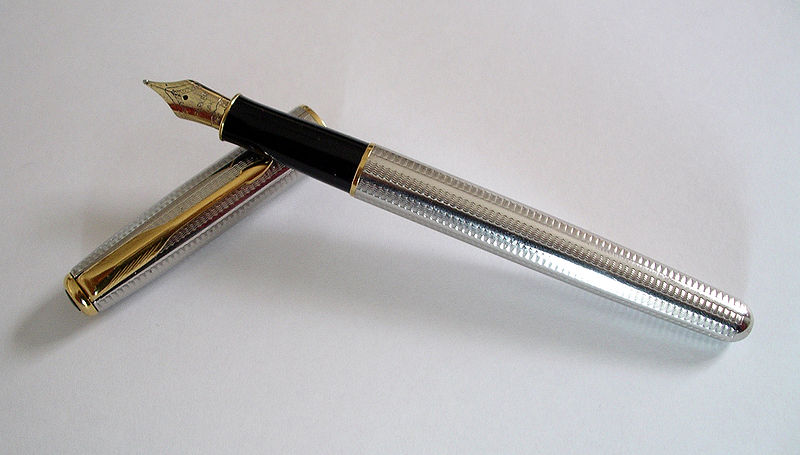Derekye Bolar had a strategy. Find a 24-hour pharmacy. Enter in the wee hours, when customers are few and the staff bleary-eyed. Head to the back, the location of most in-store pharmacies. Hop over the counter. If in possession of a pistol, brandish it before demanding and then securing the store’s supply of Oxycontin. Flee.
By the end of his yearlong, crack cocaine–fueled spree, the 34-year-old Bolar had allegedly relieved area pharmacies of an estimated street value of $450,000 in Oxycontin. Beginning in March 2008, Bolar allegedly participated in 16 pharmacy robberies, the last of which happened in the early-morning hours of April 18, when he purportedly walked into a Bellevue Walgreens toting a .45 caliber pistol and a plastic shopping bag and robbed it for the second time in as many months.
And that was how Bolar got busted. Along with the drugs, he unknowingly swiped a tracking device secreted by police in the pharmacy’s stash of Oxycontin. Detective Michael Magan of the Seattle Police Department, along with investigators from the Bellevue Police Department, had been tracking the robberies for more than a year. As Bolar and his wheelman, Manaseh Adams, sped north up I-405, Magan was notified that the tracking device was on the move and gave chase. A fleet of Bellevue police cruisers soon followed.
Seeing who was trailing them, Bolar and Adams stopped the getaway minivan as they neared the SR-527 interchange. Bolar ditched the vehicle, leaving both the Oxycontin and his accomplice in the hands of police as he disappeared into the dark. Bolar was arrested two days later in front of his Federal Way apartment. Today he sits in custody at King County Jail—but only until this week, when his case gets presented before a federal grand jury. (Adams pled guilty to one count of first-degree robbery, and was sentenced last week to 31 months.)
Bolar’s capture dovetails with the growing sentiment that the state’s penalty for the unarmed robberies he committed is too lenient. Furthermore, the number of drugstore thefts is on the rise, and Washington may soon be home to the most frequently robbed prescription-drug pharmacies in the nation.
At 5 feet 5 inches and 160 pounds, Bolar doesn’t cut the most intimidating figure; hence, his use of a pistol. According to police documents, however, some of his alleged robberies were performed without a firearm. So in addition to three counts of the more serious charge of robbery in the first degree (the sentencing range for a first-time offender found guilty of first-degree robbery is 21–49 months), the King County prosecutor’s office in May charged Bolar with two counts of second-degree robbery, each of which carries a penalty of three to nine months.
That’s not much of a deterrent, according to King County Prosecuting Attorney Dan Satterberg. Bolar, he says, isn’t the only pharmacy bandit in the state, just one of the more active. According to Satterberg, King County prosecutors file two to three such cases per month. Eighty percent of those are strong-arm—i.e., unarmed—robberies, says Satterberg, who adds that “you just keep seeing the same person doing the same crime over and over again.”
Pharmacy operators are required by federal law to report the loss of Schedule 2 narcotics like Oxycontin to the DEA. (In 1970, the Federal Controlled Substances Act created a sliding scale that groups known drugs by their strength and potential for abuse. Oxy is on a par with cocaine and heroin.) According to DEA figures, the number of pharmacy robberies in Washington state has increased in each of the past five years. In 2007, there were 36 robberies; by 2008, that number had nearly doubled. So far this year there have already been 59. Jason Moulton, head of loss prevention for the grocery chain Safeway, which has pharmacies in its stores, says that at this rate, by the end of 2009 Washington will rank first among all states for pharmacy robberies.
Both Moulton and Satterberg are vocal advocates for increasing the state’s penalty for second-degree robbery, as is Jan Teague, president and CEO of the Washington Retailers Association, which represents 2,800 Washington retailers, including pharmacies. Teague claims the increase in the number of robberies is forcing retailers to pour more money into surveillance and to stay cognizant of local crime trends. “The pharmacies are deploying more anti-theft devices and surveillance equipment,” she says. “But we need the state to do their part and make the sentences more harsh to keep our customers safe.”
Moulton says a proposal to the state legislature to stiffen sentencing is in the offing. In the meantime, deaths involving narcotics like Oxycodone are rising. A recent study by the University of Washington reveals that in 2003, opiate-based pharmaceuticals played some part in 79 drug-related deaths in King County. Five years later, that number had risen to 153, or 60 percent of all drug-related deaths in that year (up from 42 percent in 2003).
After he was taken into custody, Bolar confessed that he’d committed too many armed robberies to recall. But all of them, he claims, were committed at the behest of a 25-year-old named Mario “B.G.” Carter.
In court documents, Bolar describes Carter as a booking agent of sorts. He’d allegedly plan each robbery, then set up Bolar with the necessary tools—driver, getaway car, pistol. In exchange for whatever Oxycontin he was able to steal from the pharmacy, Bolar says Carter would give him crack cocaine, of which Bolar would partake before each successive robbery.
According to court documents, Carter was arrested in January 2007 in connection with an earlier string of Oxycontin robberies. Carter, who has a lengthy rap sheet dating back to his days as a juvenile offender, eventually beat the charge, but was later found to be unlawfully in possession of two firearms found at his home during the arrest, and was subsequently sentenced to a year in prison in 2007.
Though still under investigation for his role in Bolar’s spree, Carter is currently out on $40,000 bail on an unrelated charge of promoting prostitution in Kent.








